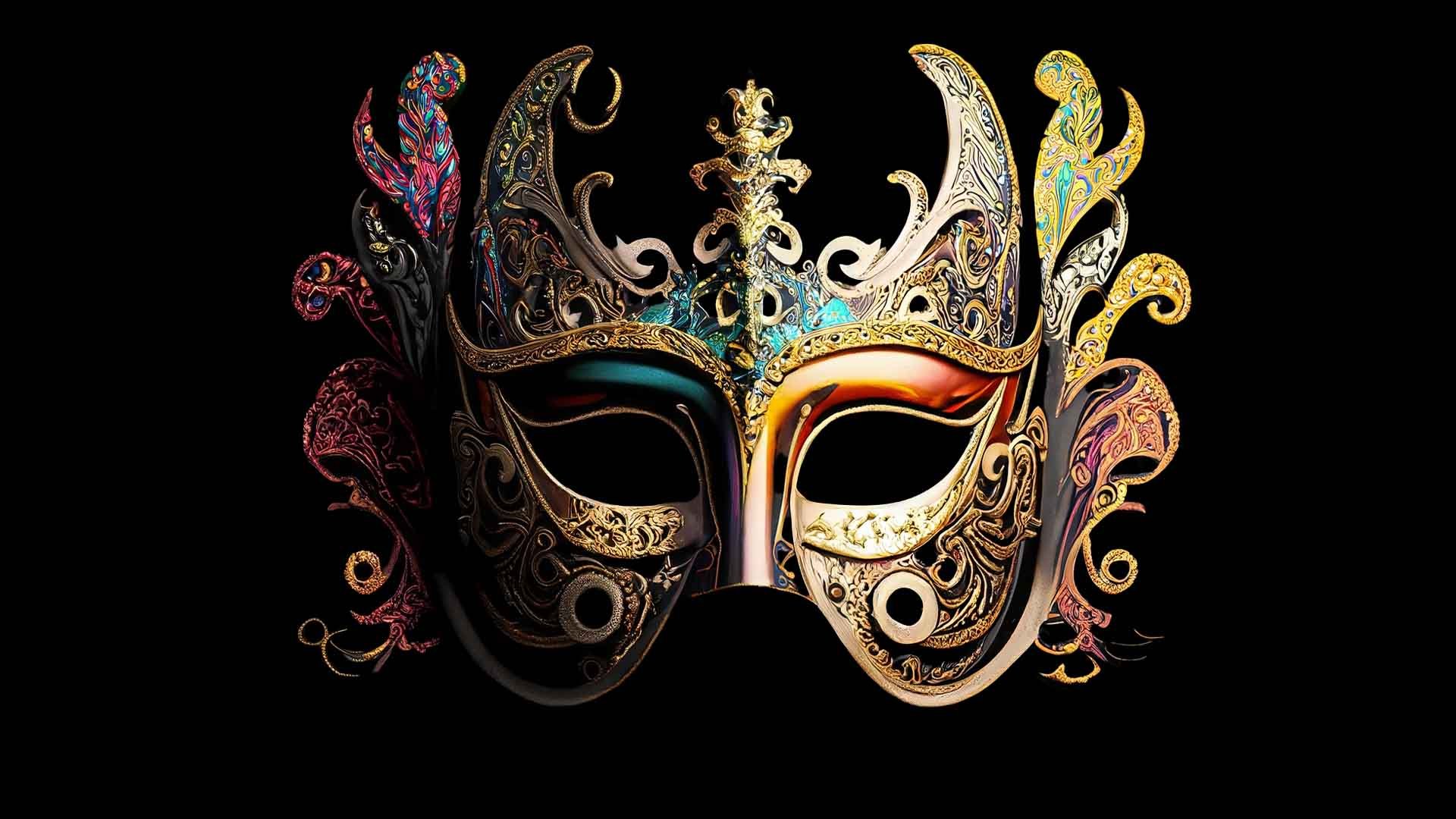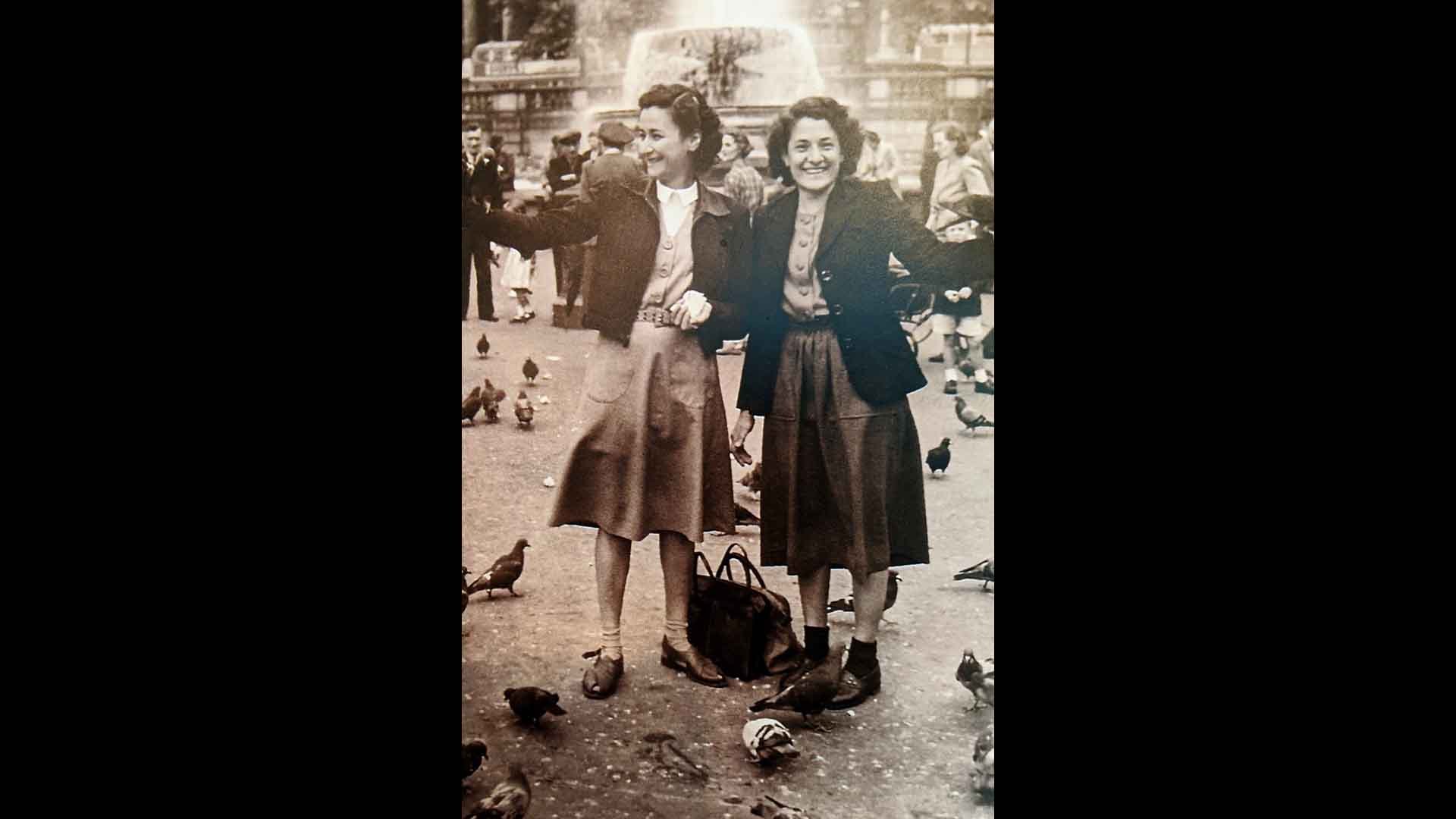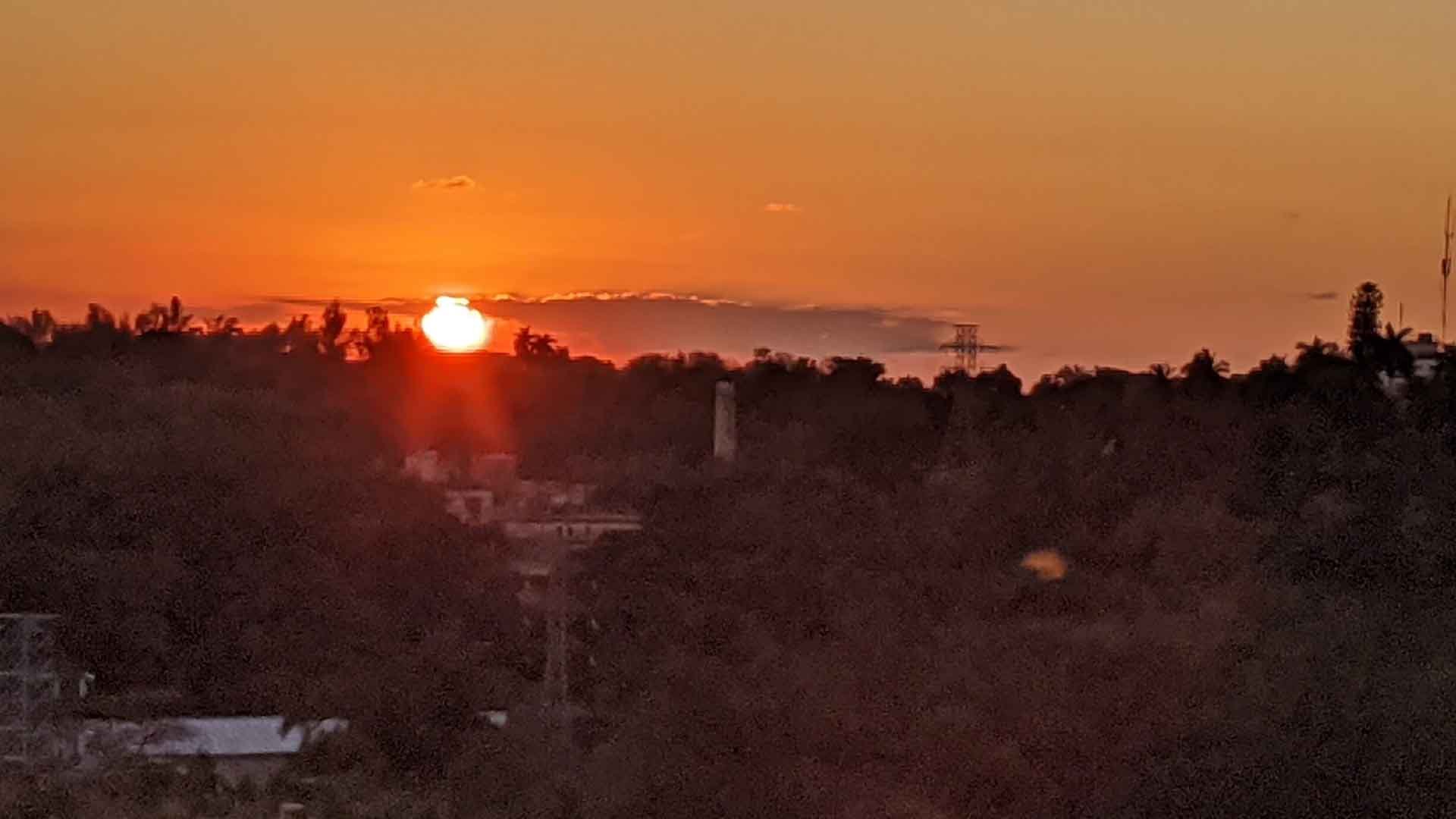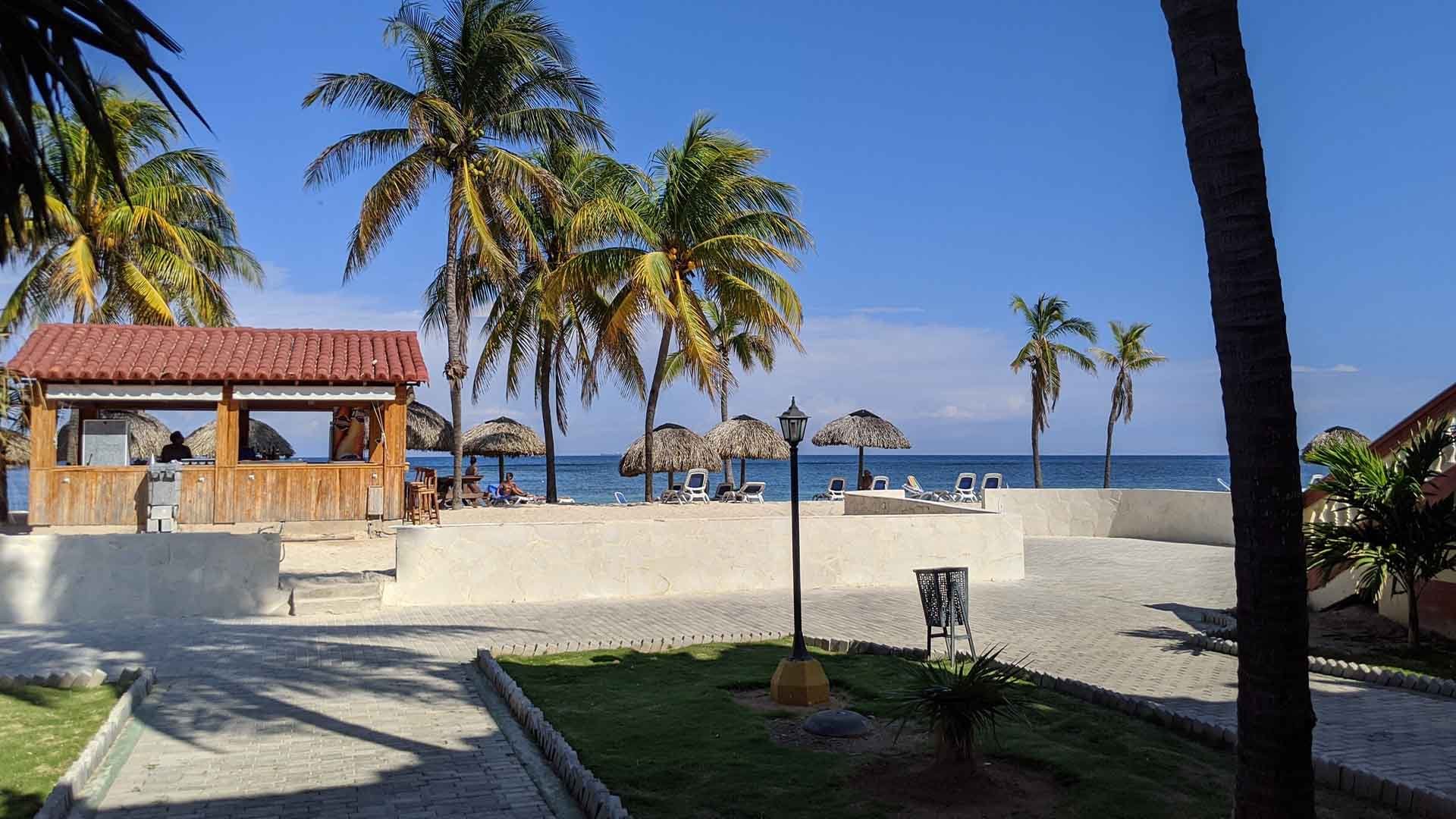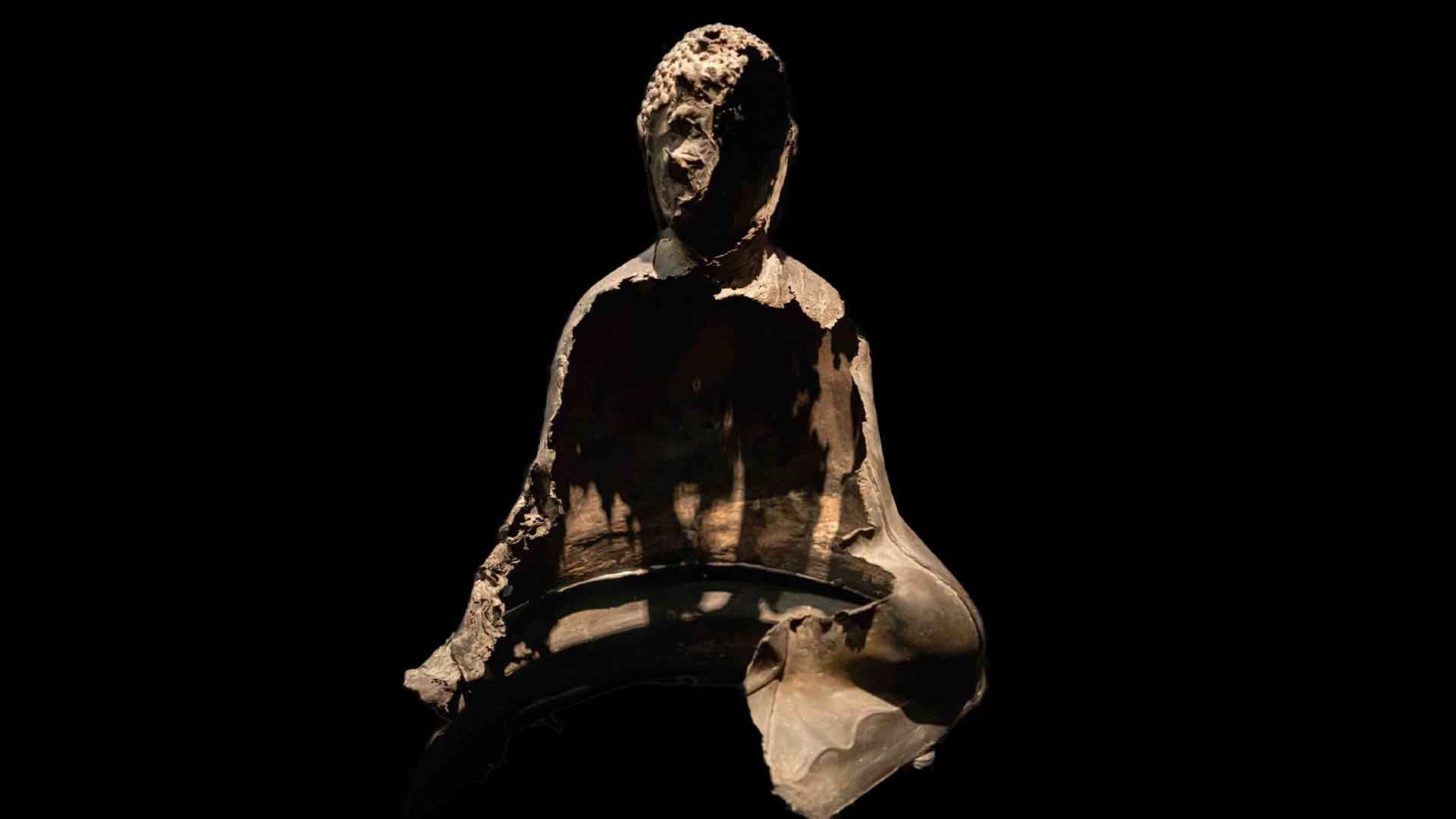La Nom du Pere
Of fathers and Sons
Born 5 years after,
Father a refugee
Haunted by betrayal
His stern eyes
The Prussian ritual
The moderation
The survival
The refusal to emote
The son
Too soft
Crying too much
Evoking his rage
Skin color too olive
(Unlike the Viennese pallor)
The German nanny
The abuse
The hours under the stairs in the darkness
The fear evermore of the dark
The son asks for a blessing
Father is 101 years old, now
He places his hand on the son’s head
He hears the first word of the blessing
יברכך
And breaks down
Fathers and sons:
All his life
Unconsciously bearing the father’s survivor guilt
Trying to make sense of this insanity
Rushing to this or that solution
Kook, Chabad, Carlebach, Breslov
Freud, Jung, Hillman,
SHATZ, Frank, Scholem,
BESHT Degel Nachman
Only to be dashed against the rocks of reality
Theology implodes
The addictions that promised momentary solace
Work, rage, ETOH, porn, validation in religion, hospital army
Nothing alleviates the impending sense
That all the struggles
All the rationales
All the texts and trajectories of theological understanding
Of the rational left hemisphere,
Leave this cosmic gap
This holy vacuum
A Chalal hapanui
Of the heart
As if
Everything that moved, motivated and pushed
This child
Who already at nine,
Sensed his impending demise
Fast forwarded 70 years
Seeing his image facing his death
Without meaning
Awaking in a panic in the night.
Now at the end of things
The end of his prime
Having solved nothing
Found nothing
Dis-covered only we are reflecting a gaping chasm
Between doctrine and reality
Theology and absence
Meaning and insanity
That all language and truth went up in the smoke of the crematoria
(Anything less would be a disservice to the memory of the victims.)
He throws up his hands
In defeat
Refusing to accept old orthodoxies
Unbelieving the new latter-day saints
Realizing its mimicry
A pantomime of sorts
Left alone
Facing the failure
Of nerve
Of daring
Or heresy
We have awoken from a 70-year-old coma
(like Choni)
But unlike his venture into the Beis Midrash
We
See the fragments of what once was..
The vibrant yeshivos now reconstructed
Like zombies
Like never before
Thousands sitting and learning
Shteiging away
And hassidic look-a-likes
Piously shockling in their designer shtreiml’s
What is our task?
The task I failed at?
To pick up the fragments,
To view what we can reconstruct,
To salvage whatever we can from the rubble
Of millenia-filled sacred texts,
To make sense of what makes sense
In this nightmarish post-Tremendum world
Where nothing has been learned
From those exhortations to be kind
But so much from the minutiae of halachic constructions.
Let’s see which texts were predictive
Which Masters understood the darkness within
Who foresaw the catastrophe?
Nothing has changed outside the texts
Man’s inhumanity-to-man persists unabated
The ferocity in the heart of man
The dark soul within
This demonic soul
Did we have a Nietzsche? A Kafka? A Simone Weil?
Who could hold both the weight of tradition and the insanity of genocide?
Would the Piacetzna have said and claimed what he wrote
before his deportation
About Divine Weeping
Had he known a million babies went up in smoke?
Awakening from this coma
We too failed,..al chet
For we too gave up on the Ribbono shel Olam
(As the Klausenberger Rebbe claimed that first Yom Kippur
In the DP camp.)
Facing failure
Refusing the old doctrines
We are left in this gap
Of Holy dis-belief
Of Holy atheism
Of Holy apikorsus
This, my father,
Is what I have to transmit to my sons
This will disappoint you no doubt
For you believed in simple Emunah
And hated my forays into Midrash and Chassidut
“he thinks too much”
Maybe you are right
maybe the only way forward
Is survival alone,
And transmitting the doctrine to the next generation
But you forgot once again this pesty kid
Born five years after
Condemned to struggle
Yearning for the Great father in heaven
Yet giving Him the finger
For what he did to His children
And still asking you to bless me.
Eric Sargon Sept 4th 2022, Salome Worch
Eric's Notes
He’s playing the slow movement of the Mendelssohn violin concerto
The Andante..
His arthritic fingers vibrato on the strings, to produce
A sound, mellifluous like an aged Pinot Noir
His wrist moves the bow of experience
His wrist fluid yet strong
Worshiping the Muses
Of 60 years of muscle memory
With the mastery that only comes with decades of passion
To this art.
As the music emerges from instrument and player
I see musical notes flying up heavenward
And my mother
Who played this very piece in the Royal College circa 1941
In her velvet black evening gown
With her long neck bent over the instrument
Listening now
From above intently,
for the correct intonation, pauses, technique and mastery
for she would tolerate nothing less from her young brother.
His face now identical to Dada’s
The austerity genetically marked forever.
The self-discipline and self-demands now internalized
The refusal to indulge in musical emotionality,
No, the feeling must emerge only from the technique
The complete understanding of the composer’s intent alone,
Old school.
So ironic, despite the youthful years of trauma, isolation from friends,
Sports, socializing, (for Dada would insist he needed to practice, practice,)
He became the most sensitive human beings
Caring only for others
Always kind and considerate
I still quip to my kids
“when I grow up I want to be like Uncle Eric!”
The last sibling to survive
His sisters’ absence is palpable.
Now the “gentleman of Jerusalem” in his 90’s
Barely able to walk
His legs giving out
His balance off,
But once seated on his perch
Immediately regains mastery of his life through his instrument,
It is the violin shaped luchot that carry him,
Its letters, the musical notes (and tears) that now flow.
Much like the Hebrew letters flying off the Luchos
In response to our communal idolatrous orgy
Slipping into our familiar addictions,
When this so-called savior doesn’t show up to rescue us,
There now develops a tug of war with the Divine,
wishing to retrieve the tablets
And Moses holding on to them for dear life…
Until the letters flew off in protest
Too holy for this people,
The tablets now became too heavy to carry and fall
Smashing to the ground.
Here too I see the notes flying off
His aged, wooded viola’s tones
Wafting up in a spiral smokey plume
Like incense,
The music dissolves into the black dots and crotchets flying
Bearing with them the soul of the player (or is it just the listener?)
Demanding answers to the question why?
In his music he reaches places his intellectual mind does not (dare?) enter.
In the andante he explores the very tragedy of our family
The genetic traits that allowed Dada
to both push him to his limits
as well as write his heresies,
And this sweetness from all this suffering
opens my broken soul to feel what it feels.
The Hebrew letters and the Mendelssohn’s notes are one and the same
Reflecting his grandfather’s attempt
to salvage the lost letters of his faith for modernity
And the musical cries of “Hear ye Israel” [1]
Now wafting in his sweetness
Drowning in the sound
The tears mix with the notes
And carry them up to Mum
These tears are full of rage and little acceptance
But Mum would surely approve
Of her virtuosi brother (so virtuous) and his broken listener
Hymns to the drowning,
Unable to swim in the ocean of grief
Rage rage in the dying of the night…
[1] Oratorio Elijah
Photo: Todd Rosenberg
Pangs During a Glorious Performance
Orchestra hall is hushed awaiting the entrance of the soloist
The anticipation in the air is palpable
It has been so covid-long
Since I sat in this hallowed sanctuary
Having brought my grandchildren here last
For the Italian concerto
I have returned
Albeit be-masked like the other worshippers
Bathed in the yellow warm light of this circular temple
Facing the majestic organ pipes at attention like soldiers.
Suddenly the door opens, and in she floats,
A low-cut gown, midnight blue, straight then flaring at the bottom
She glides across the stage like a mermaid
Slowly she removes her black mask
And places it (with disdain?) on the concert master Chen’s music stand (!)
I cannot describe her performance better than Johnson (below)
But found myself weeping in the Larghetto
Solti’s orchestra revealing the greatest string section in the world
The lush svelte sound so unique to Chicago
Was the perfect partner to the mastery of her 40-year-old career.
When music moves me it is like love-making,
At the center of the experience is this Rilke-like sense of the tragic
That death is the pure counterpoint to this sublime
That these few moments of exalted spiritual experience
In life, merely reflect its ironic and tragic at its core.
These precious moments lie in stark contrast
To both the mundane, the routine, the dulling of the senses of the ordinary
How we have anesthetized ourselves from the horrors of the outside world.
Later I am overwhelmed by a sense of impropriety..
(beyond the fact that only here-
among the intellectuals and music lovers of Chicago
Sitting between their dress ties and gowns
in the box section- am I acutely aware of my difference
My yarmulke screaming out
my embarrassed ethnicity to one and all)
No, what overcomes me are the memories of Ukraine,
the military hospital, the blast injuries,
the impending doom that awaits.
Here I am sitting in this rarefied temple of kultur and refinement
Listening to what arguably might be
the greatest performer and orchestra of this concerto alive,
In this perfection of sound and acoustics,
Among the gentile class of music lovers I share with,
While that horror is going on a plane ride away.
And my thoughts go back to Warsaw Ghetto and Mariupol
And a possibly similar scene during the war
when the Berlin Philharmonic played
And good upper class educated sophisticated German citizens
listened enrapt by the wizardry of Furtwengler,
In their evening gowns and tuxedos
While the crematoria burned.
In what moral universe does music and art get an ethical pass
No wonder after Auschwitz
the modern enlightenment project gets called into question
No wonder we have learned to split and detach
as if geography prevented leakage of the horrors
Into our hermetically sealed music halls and psyches.
Tonight I am complicit.
Matan Torah 2022
History,
Revelation,
Our myth of Sinai returns now for celebration
Ritual and community.
Special food for the palate and flowers for the sanctuary.
The long line from revelation to exile to redemption
Rosenzweig’s trinity of history,
Yet in our century all has been rehearsed
All has been encapsuled
The failed secular messianic movements
The failed dictatorships
The secular theologies of flag county and honor
One big experiment in social engineering that only led to ethnic cleansing.
From the European of learning to Auschwitz to Yom Yerushalayim
Giddying changes for our community.
Before our eyes within decades,
The desert blooms,
The county thrives,
Start-up nation attracts billions from investors globally
Women’s revolution in Torah bringing
the new gift of insight into our sacred texts
Technology and torah allowing us the dizzying mastery
of 2000 years with one click
(except on Shabbat when we return to our “am Haaretz status”)
But recently the tiny RNA virus that toppled our lifestyles
Recalibrating work and play where economies toppled
and nations blamed each other.
And the horrors of another war
of man’s inhumanity to man,
To remind us of the darkness within,
That is destined to boil over volcanically every century
Making that post WWII 70 year calm another aberration in Hegelian history
A blip in the centuries fighting over a piece of real estate…
Now we return to that normal,
Europe’s soil hungers for blood and must be satisfied with more.
Yet here we are
We dig once more into texts of Decalogue and Ruth and the Degel
Of self-understanding as a covenantal community
As well as on the individual trajectories
The personal miracles
The personal revelations
The renewal of commitment to recovery and healing
The openness to transcendence
The time to reflect and meditate on another year
Of learning
Of growth
Of optimism in the face of darkness.
Yizkor seems to mar the festivities
But that is our genius
For loss and trauma are never far from joy
Like the glass we break under the chuppah
We must remember those we lost
Moving from grief to an etching of love and memory
In the heart.
We have created this monotheistic ideal
Yet Schechina is down here with us
A matrix of love and
Suffering alongside us quietly
She wears at times a black bodice
And longs for her beloved
Trapped with us in an eternal exile.
We take all of this
On the macro level- as a community among others
As a nation state among others
And as individuals within communities
And struggle with seeing our tradition as once more relevant
Its ideals and mission
Its promises and utopian messianism
The myth of Matan Torah
Forgive Me
Forgive Me
Reb Melech
I know it was your Yahrzeit
All the chassidim flowed in
Krakow is a sea of black,
For those who came to participate in the new industry
(Charedi Kivrei Zadikkim tourism)
I was being driven to the border past Reyshe / Rzeszów/Lancut/Lizesk
On the highway racing past you…
Thinking how many times I prayed by your tziyon,
Wondered how all types of chassidus come together by you,
You somehow bring us/them under your unconditional love
Even broken souls like me.
REMAH
Forgive me too Rav Moshe (Isserless),
I used to stop by you on the way to Lizesk
A nod to my Oberlander father
Reassuring him that even the Satmer Rov
Omitted “veyatzmahk pirkunei”
The gravesite is quiet in the chilly brilliant spring sunshine
(The tree grows over your tziyon, just like in the photos
from the turn of the 19th century)
no cannon ball holes piercing your tziyon
(like the Chozeh!)
Stopping by the cradle of minhag Ashkenaz in deference to you,
Don’t worry Dad I used to say, the stylish move to chassidus
Does not supplant your minhagim…
It was theological not behavioral!
Then I look for the Megaleh Amukos
(on whose matzevah is inscribed: “he had gilui Eliyahu x3”) !!
But Rabbosai, you know there Is this war going on,
Next door, across the border
While you both rest peacefully,
Yet for an inexplicable reason
I felt the need to come here
To be here
Despite my wife’s exhortations
(the Ukrainian NAZI’s were the worst butchers in WWII)
Despite the AZOV fighters’ NAZI insignia
Despite the steely eyed soldiers guarding the fascist cross
By the lake where we do tashlich in Uman
And the assaults on chassidish kids on the streets of Pushkina
Despite history..
At the border
I see thousands of women and crying children
lined up by the border heading into Poland
Images of the forced lethal marches circa 1944
Each carrying a heavy heart and a wheely, leaving for safety
Leaving behind their loved men to fight
It’s an epic story of human misery and transmigration
I feel I am in a movie set
This long line in the no man’s land between war and safety.
Once again Europe drips with blood.
I am filled with pride as I see the Israeli flag on red medical volunteer suits
Literally hundreds of volunteers yelling in Hebrew
even units of Israeli medic soldiers help out
with their tents, food and equipment, truly a kiddush Hashem.
I walk in the opposite direction to the refugees,
so my path is clear, and I feel a loneliness
As I am walking into the fray.
An Israeli Major sees me stumbling carrying bags
of heavy donated equipment and insists on
helping me.
Four bubbly Israeli volunteers offer me fruit
from their supermarket cart they are taking to the
other side where thousands wait in line in silence.
I want to hug each one.
I volunteered in 1972 as a medical student during the Yom Kippur War
Now memories of those same whiney sirens surface
as we descend into the shelter.
For all the talk, writings on Post Holocaust this and that,
I need to be here…
“Never Again” applies to all human beings
So please forgive me Reb Melech and RAMO
I will come back on a better day.
Dad blowing shofar Jan 30, 2022, at age 101











